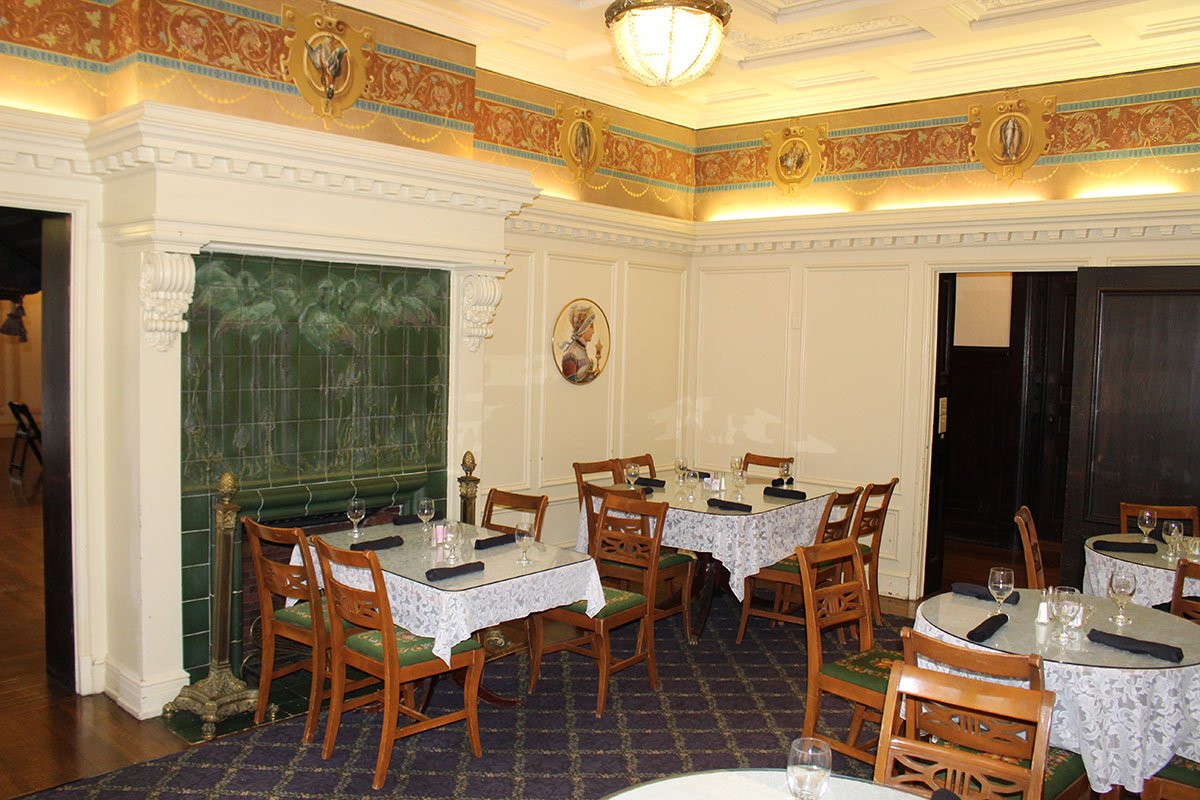Traditional experiences are what many visitors to a city seek out and talk about to family and friends when they go home. In Chicago, people flock to the Loop and shop at the ultimate in historic department stores, Marshall Field’s on State Street. They may have lunch in Field’s grand Walnut Room, feast on wiener schnitzel at Berghof’s German restaurant, or have spumoni for dessert at the Italian Village. Sports fans in Chicago make a point of going to see the Cubs in one of the oldest and least modernized of the pro baseball stadiums, Wrigley Field. New York City has innumerable traditional experiences—Broadway shows, daily trading on the New York Stock Exchange, meditation in the 160-year old Trinity Church, High Tea in the Palm Court at the Plaza Hotel, Rockette performances at Radio City Music Hall, and dinner at Tavern on the Green in Central Park. In Philadelphia, people want to see the Mummers perform their distinctive parade or listen to the famous pipe organ inside the former John Wanamaker Department Store. In Louisville, residents and visitors celebrate the Kentucky Derby every April with parties and festivals featuring horse-racing traditions. Washington has its Cherry Blossom Festival in March and attracts students and adults year round to Congress on Capitol Hill, to participate in 200-year old traditions of representative democracy.
What traditional experiences does Indianapolis have? The Indianapolis 500 is surely the best-known event on the calendar and has been drawing millions of fans for nearly a century. The Mayor’s Breakfast, 500 Festival Parade, and other events during May have developed their own traditions over the past 50 years. Other experiences are not nationally known, but are distinctive. For example, the Indiana State Fair, one of the nation’s largest, conveys the agricultural roots of the Hoosier State with great flair and fun each August. Art and ethnic festivals dating to the 1950s and 1960s hold forth during the warm weather months: the Talbott Street Art Fair, Penrod Festival, Italian Festival at Holy Rosary Catholic Church, and the Greek Festival at Trinity Hellenic Orthodox Church. Regular jazz performances in the Madame Walker Theatre Center at 617 Indiana Avenue recall the rich 20th century heritage of African American artists in Indianapolis.
Several restaurants continue to serve traditional Hoosier cuisine: the Iron Skillet at 30th Street and Cold Springs Road features Indiana fried chicken and family style dinners in a 130-year old former farm house, while the Hollyhock Hill restaurant at 8110 North College Avenue features a similar menu in a 70–year old setting with hollyhocks painted on the walls. Dodd’s House Restaurant has served Indiana-style dinners for over 50 years in an old house at North Meridian and Westfield Boulevard. Downtown, St. Elmo’s Steakhouse has been serving steaks and seafood to visitors in the city since the beginning of the 20th century at 127 South Illinois Street. In tribute to the city’s rich German heritage, the Athenaeum at 501 East Michigan Street operates the Rathskellar Restaurant, which has been offering Germanic dishes since the 1890s; German festivals such as Oktoberfest are held in the biergarten during the fall. The Iaria family has been serving traditional Italian dishes since 1912 in their restaurant at 317 South College, and Shapiro’s Delicatessen has offered generous portions of kosher dishes at 808 South Meridian Street for nearly a century.
Culture also has its traditions: the Indianapolis Symphony has been one of the nation’s best since its founding in 1930 and performs in the historic Circle Theatre. The Indianapolis Museum of Art has afforded visitors an incomparable collection of Hoosier artists and European masters for almost a century. The Sunnyside Guild’s annual Town Hall Series and the Block Forum at the Indianapolis Hebrew Congregation have been bringing nationally known figures to speak about thought-provoking topics since at least the 1960s. Some of the city’s oldest private clubs and fraternal orders are open to the public for lunch and tours. One of the most special experiences is the luncheon offered by the Propylaeum daily at 1410 North Delaware Street. The women’s social and literary club, which dates to 1888, provides tea room-style meals in one of the parlors of their historic residence.
Cherish these traditions! They are part of our quality of life and distinguish us from countless other American cities.

The Café at the Propylaeum. James Glass, 2020
